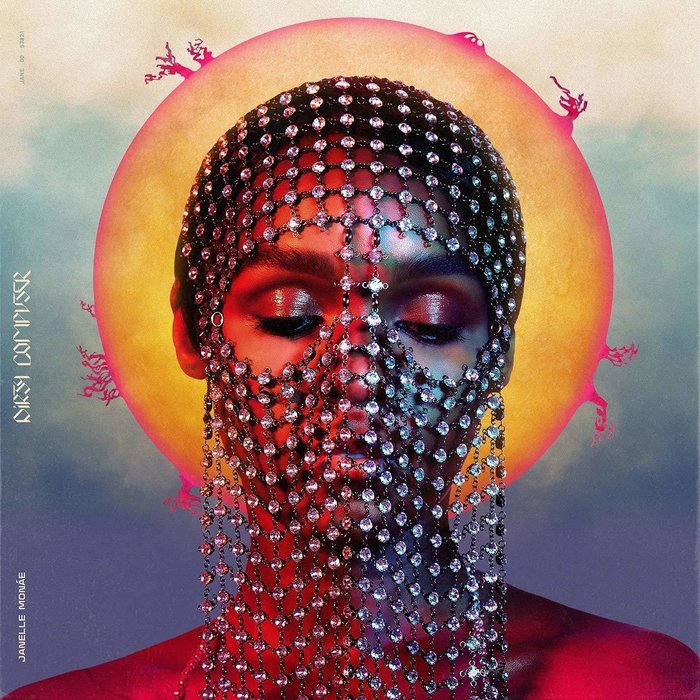
I'm in this space where I'm just like the most "I don't have anything to prove" space in my life that I've ever been in. I think I'm becoming more and more authentic in the way that I express that truthfulness. On being your authentic self as an artist I came up with this particular story by asking myself: What if you were the person who knew everybody's memories and you also knew everybody's secrets? What does that mean when you want to fall in love, when you know everybody's secrets? How do you fall in love? How are you truthful? Can you be truthful? Seshet is sort of like this insider-outsider that represents that intersection and conflict. Seshet oversees all of Little Delta, and Little Delta is an area that is the intersection of the New Dawn order and this sort of rebellious sub-world. They tell her, "You can be powerful if you just do this." And so, it touches on how identity is exploited by politics. This particular story explores the sort of precarious position of a Black queer woman trying to navigate her authority and her vulnerability within an institution of power. On Seshet, the titular character in the short story, "The Memory Librarian"

They are "divide and conquer" people - start with marginalized people first, make them hate themselves, erase their memories of who they are and create them into something we want them to be so we can control and we can have power. On the "New Dawn Revolution" that has taken place in the short stories
#DIRTY COMPUTER ALBUM DOWNLOAD FULL#
The only thing that I remembered just showing up as somebody completely different.Īnd so, I put all of that energy into the album: Why would somebody want to erase who I am? Why would they want to erase all of these folks' memories? And I put that into, you know, representing a community full of people whose stories are being erased, whose identities are being erased. I did not listen to the usher, and I was kidnapped. I was like, "I just want to watch a movie." One of the ushers was trying to tell me to come through a back way so that they could protect me because they're kidnapping people. I went to the movies, I got popcorn, was and everybody was scattering out of the theater. It came to me in a nightmare, actually - a nightmare that I was kidnapped. On the inspiration behind "Dirty Computer" This interview has been edited for length and clarity The Memory Librarian and Other Stories of Dirty Computer comes out on April 19. The Memory Librarian hits bookstore shelves on April 19. Janelle Monáe spoke to NPR's Weekend Edition about the nightmare that sparked the sci-fi world of "Dirty Computer," the oppressive revolution her characters live under, and creating art in a way that feels authentic.
#DIRTY COMPUTER ALBUM DOWNLOAD HOW TO#
Ewing, Yohanca Delgado and Sheree Renee Thomas, the five fictional narratives find Black and queer protagonists grappling with how to embrace their full selves in a world set out on erasing their individuality.


Co-written with authors Alaya Dawn Johnson, Danny Lore, Eve L. The Afrofuturistic world of "Dirty Computer," first explored in Monáe's Grammy-nominated album from 2018, now fills the pages of a new book. But in Janelle Monáe's new collection of short stories, The Memory Librarian and Other Stories of Dirty Computer, those are the things that contaminate us - they make us "dirty." Our memories, our dreams and our emotions - these are the parts of us that exemplify our humanity. In a new sci-fi book, musician Janelle Monáe expands on themes from her Grammy-nominated album Dirty Computer to tell stories about a community of individuals whose identities are being erased.


 0 kommentar(er)
0 kommentar(er)
